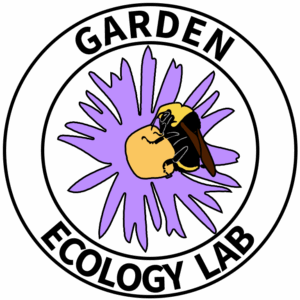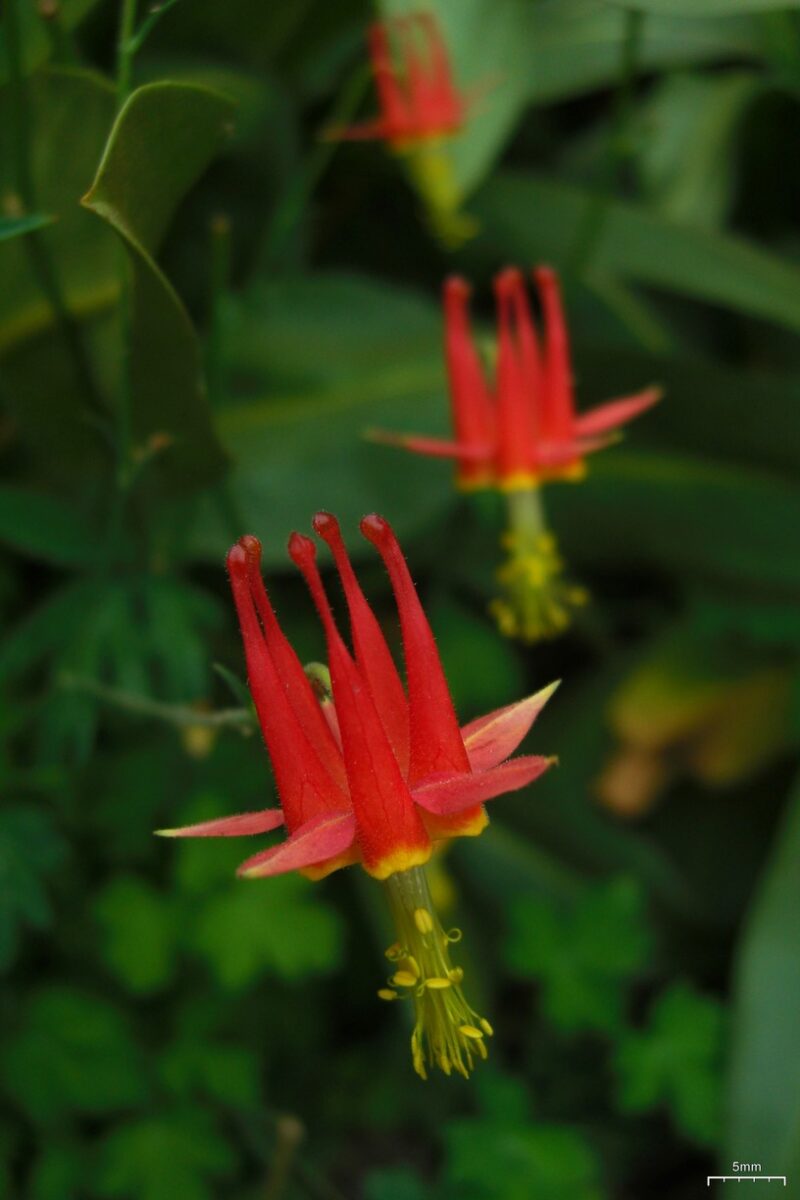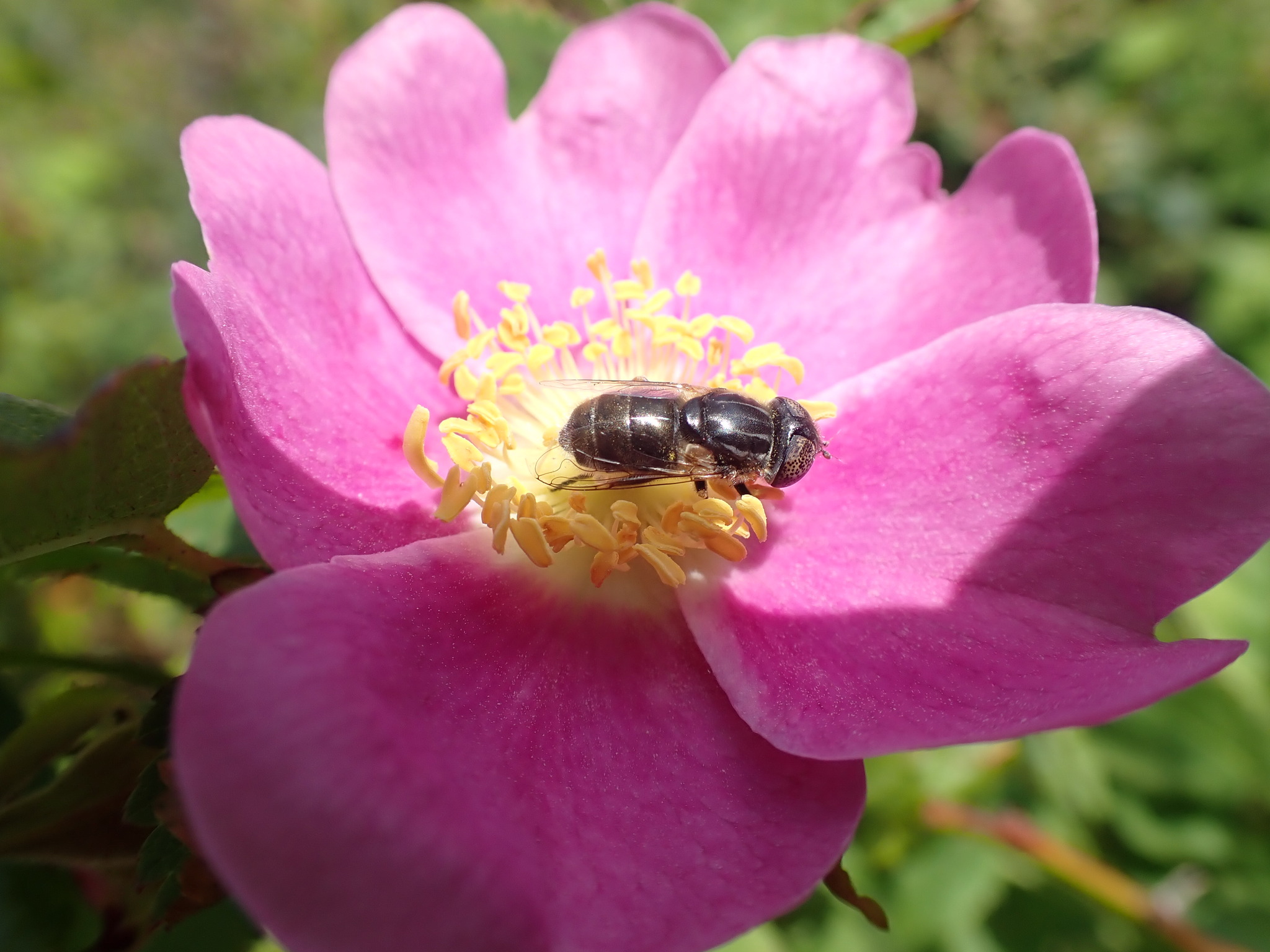Socio-ecological research in urban and suburban garden systems
Subscribe
Categories
- bees (35)
- Beneficial Insects (20)
- building integrated agriculture (2)
- Garden Design (10)
- garden ecology (46)
- Garden Ecology Lab Briefs (1)
- Garden Microbes (4)
- invasive species (1)
- Lab News (27)
- Lawns (2)
- Methods (6)
- microbiome (1)
- Microplastics (2)
- Native Plants (53)
- People (11)
- Plant of the Week (14)
- Pollinator of the Week (9)
- Pollinators (31)
- science (56)
- social science (2)
- space (1)
- teaching (4)
- Top 10 Plants for Pollinators (10)
- urban (8)
- urban soils (9)
- What are the bees doing (4)
Aaron Angelee bees butterflies butterfly Clarkia ecology research field research flies Garden Garden Bee garden bees Garden design garden ecology garden plants Garden Pollinator garden science garden soils Gwynne honey bees Insect Decline Isabella Jen Lauren Lucas microbiome microplastics mykl nativars native bees native cultivars Native Plants online learning pollinators Portland profile research science behind the scenes soil sampling soil test syrphid flies top10 urban agriculture urban soils webinar
Socio-ecological research in urban and suburban garden systems
Subscribe
Categories
- bees (35)
- Beneficial Insects (20)
- building integrated agriculture (2)
- Garden Design (10)
- garden ecology (46)
- Garden Ecology Lab Briefs (1)
- Garden Microbes (4)
- invasive species (1)
- Lab News (27)
- Lawns (2)
- Methods (6)
- microbiome (1)
- Microplastics (2)
- Native Plants (53)
- People (11)
- Plant of the Week (14)
- Pollinator of the Week (9)
- Pollinators (31)
- science (56)
- social science (2)
- space (1)
- teaching (4)
- Top 10 Plants for Pollinators (10)
- urban (8)
- urban soils (9)
- What are the bees doing (4)
Aaron Angelee bees butterflies butterfly Clarkia ecology research field research flies Garden Garden Bee garden bees Garden design garden ecology garden plants Garden Pollinator garden science garden soils Gwynne honey bees Insect Decline Isabella Jen Lauren Lucas microbiome microplastics mykl nativars native bees native cultivars Native Plants online learning pollinators Portland profile research science behind the scenes soil sampling soil test syrphid flies top10 urban agriculture urban soils webinar



